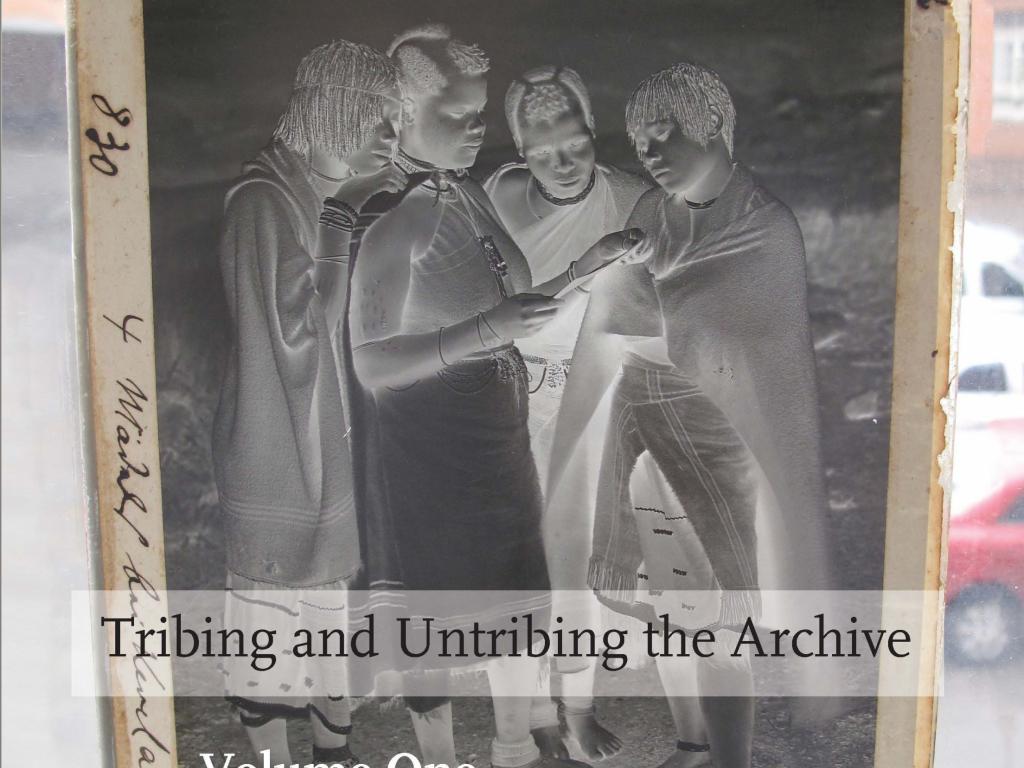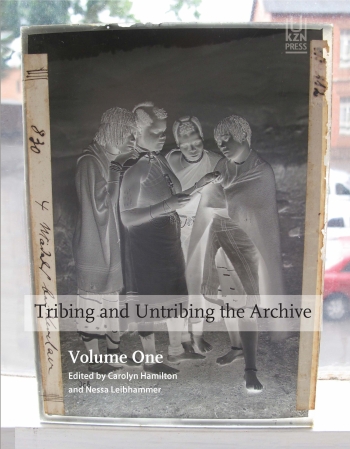New book from APC challenges colonial archival categories in productive ways


The central proposition of the book is to make the marooned archive of material culture more visible and more available for consideration as an archival resource than it is currently. It looks at how materials of the past – anything from snuff spoons to knobkerries – were constituted as ethnographic and understood to be evidence of culture, while others – like documents and maps –were constituted as archival and understood to be evidence of history. Essays by more than twenty contributors challenge these divisions in thoughtful ways, releasing the material from pre-assigned identity positions as “tribal” into settings that enable them to be used as resources for thinking critically about identity in the long past and in the present.
While the book has a specific regional focus, and makes an unparalleled contribution to the understanding of southern KwaZulu-Natal in the Late Independent and Colonial Periods, it has a much broader application. At a time when attention is focused on “undoing” colonial legacies and honouring the past before colonialism, it demonstrates innovative strategies for engaging with archival materials in new ways – from the interventions effected in contemporary artworks to the inserting of nameless, timeless objects of material culture into histories of individualised and politicised experience.
The book has already had an exciting extended launch “season”, attracting a great deal of interest both locally and internationally.
The Museum of Archaeology and Anthropology, University of Cambridge, hosted a launch in October, 2016, as part of a programme linked to the British Museum’s landmark exhibition “South Africa: 3 Million Years of Art? Reconsidering Ontologies, Technologies and Agents”. Book launches or special panels were held in Port Elizabeth (as part of the second Precolonial Catalytic Conference, co-hosted by the Centre for African Studies, UCT, and the Centre for the Advancement of Non-racialism and Democracy (NMMU); in Johannesburg at an event hosted by the Public Affairs Institute; in Durban at the Killie Campbell Africa Library; and at UCT.
On 24 May, Eusebius Mckaiser will host contributing authors John Wright and Mbongiseni Buthelezi on his provocative Talk Radio 702 and Cape Talk show. In July the book will be featured in a panel discussion at the Southern African Historical Society Conference at Wits University, and discussed at the summer school on “Bureaucratisation and the construction of identities in colonial and postcolonial contexts”, organised by the German Historical Institute in Paris, the Centre for Research on Social Policies (CREPOS) in Dakar, and the Centre for International Studies at Sciences Po, Paris.
LINK TO THE PUBLICATION
If you have not yet had an opportunity to peruse the book, you can take a look at it on the Archive and Public Culture Research Initiative’s website here